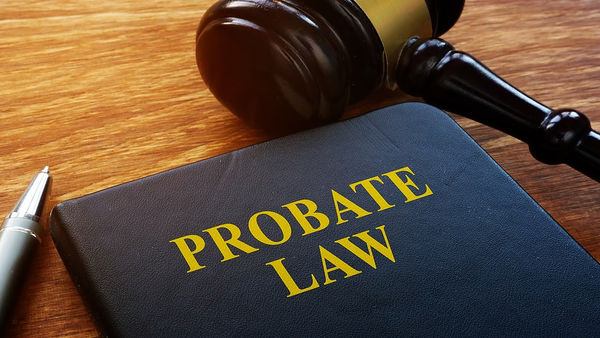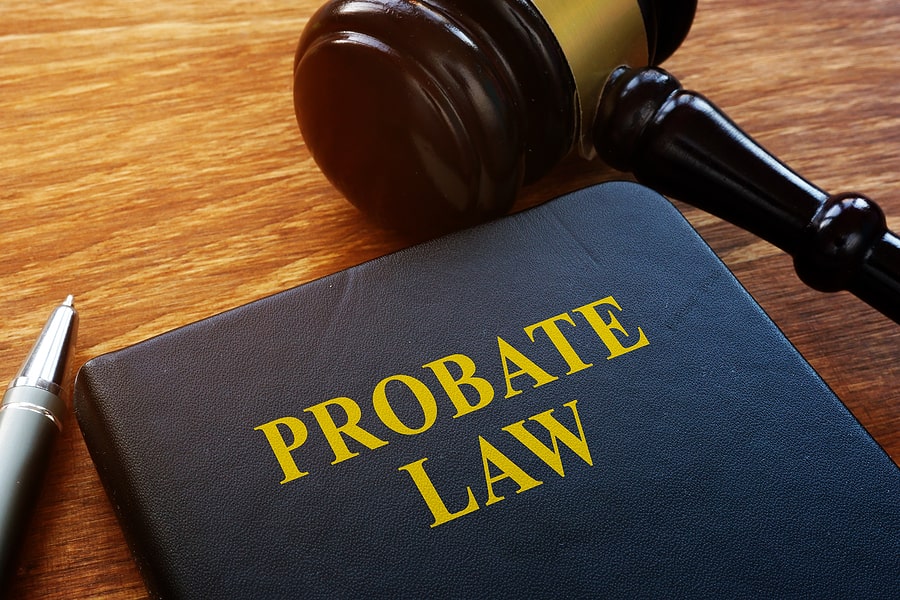Check out our handy guides for more help contesting a willHow to contest a will
|
Contesting a will can be a very emotional experience. It may also feel overwhelming - legal jargon, determining which grounds to contest on, and dealing with the potential fall out from family members can make it complicated.
That’s why the help of an experienced and trusted solicitor is so important - it can make a difficult and personal process more straightforward.
Please note this article covers the process of contesting a will in England, Wales and Northern Ireland.
Who can contest a will?
The first thing to consider is whether it is possible to contest a will. There are a certain number of grounds for contesting a will, it is not simply a case of believing it to be unfair.
The possible grounds for contesting a will are:
-
The validity of the will - if you have reason to believe that a will is not valid then you can use this as grounds to contest it. A will may be invalid if it was not signed, witnessed or executed correctly.
-
Testamentary capacity - you can contest the will if you think the deceased lacked the physical or mental capacity to produce, sign and fully understand their will – for example, if they suffered from dementia - and no Court of Protection deputyship was in place beforehand.
-
Claims for financial provision - if somebody who was financially dependent on the deceased was left out of their will, for example their children or spouse, then the will can be contested in order to ensure they are provided for financially.
-
Undue influence - if you believe the deceased was under pressure from someone else when they made or altered their will, it could be contested.
-
Forgery or fraud - you can contest the will if you believe it is forged.
Choosing the correct grounds for contesting is really important, as it will impact who is allowed to contest the will. For example, if there is reason to believe the will is not legally valid, then anyone can contest it.
However, if the will is being contested for any other reason, then you can only contest it if you are one of the following:
-
A direct family member such as a child or grandchild
-
A spouse, regardless of whether they were separated at the time of death
-
A beneficiary
-
Someone who was financially dependent on the deceased
-
Someone who the deceased owed money to
-
Someone who was promised an item by the deceased, which was then not included in the will

How to contest a will
If you think you have legal grounds and the legal right, to contest a will, you should seek legal advice immediately. You can get quotes for up to 4 trusted lawyers through The Law Superstore. Once you’ve found a lawyer you can trust they’ll be able to advise you on whether they think you have a valid case, and what your next steps are.
What will I need to contest a will?
The most important thing you’ll need to obtain is a copy of the will itself, from the executor. Depending on a number of factors like the grounds you’re using or your relationship to the deceased or the executor, this could be very straightforward, or it could be more complicated. If the executor refuses to give you a copy, your solicitor can help you apply for a caveat, which will enable you to lodge a formal claim.
You also may need to provide evidence for your claim. What exactly this will be depends on the grounds you’re contesting on. Your solicitor will be able to give you more information about what you’ll need.
How long do I have to contest a will?
It’s best to contest a will before probate is granted. It’s much more difficult to successfully contest a will if the assets have started being distributed. However it’s not impossible, and your chances of success are dependent on the grounds on which you’re contesting. Your solicitor will be able to advise you on your specific case.
What happens if the will is found to be invalid?
If the will is found to be invalid and the deceased made another will before that, then the deceased’s assets will be distributed according to the older will (provided it is valid). If there is not another will then the laws of intestacy will be followed.
If you have reason to believe that a person’s will does not reflect the person’s wishes, or if you feel someone has been left out of it unfairly, then you can contest it. However the process can be complicated and varies hugely from case to case, so it’s vital that you seek legal advice and employ a lawyer from the start.





